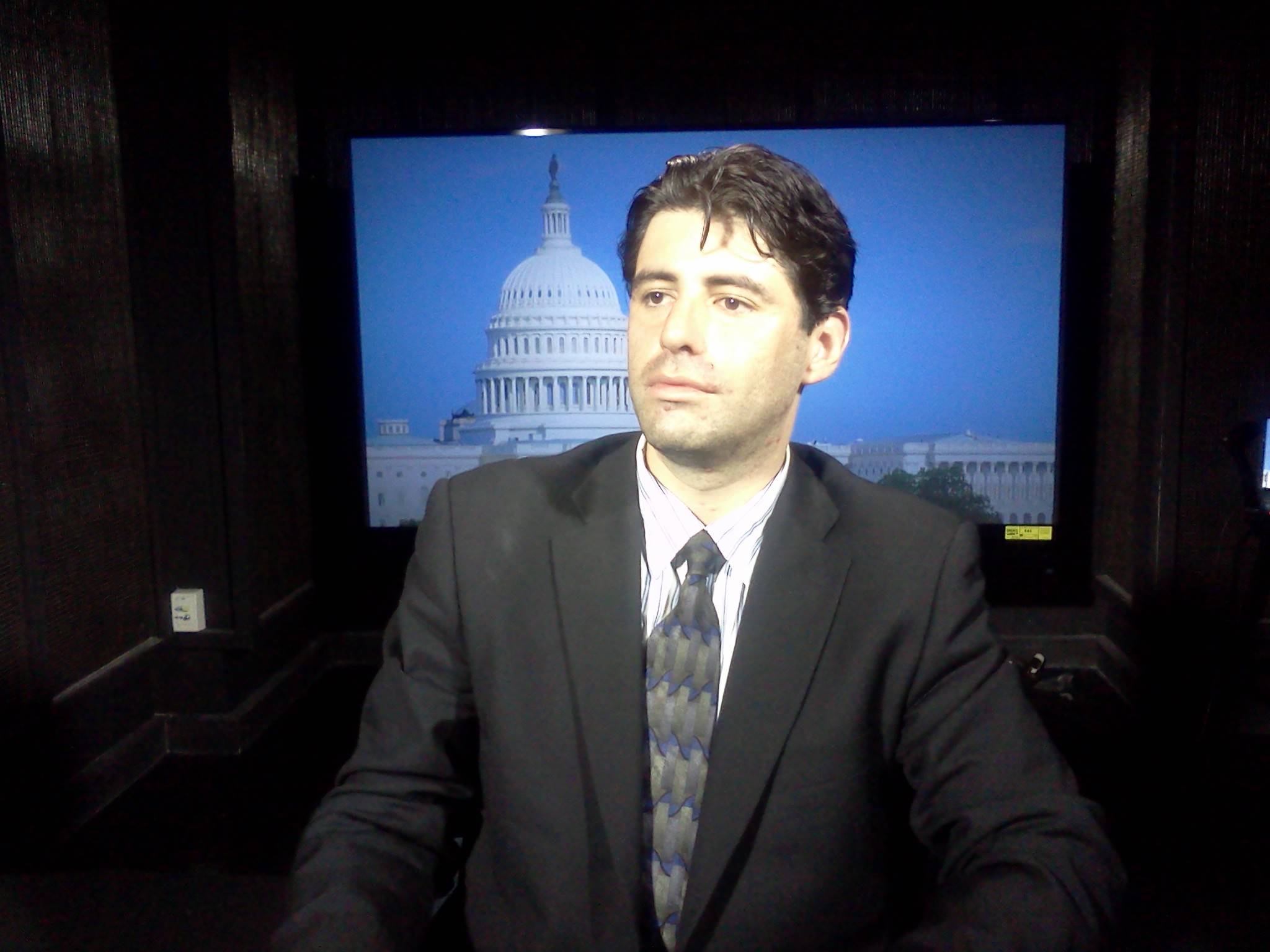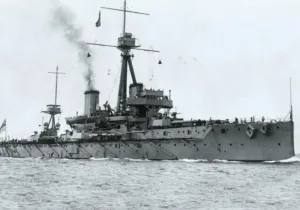President Jair Bolsonaro of Brazil will meet with US President Donald Trump on Tuesday, March 19, as part of his trip to Washington, DC. Most generally expect that the two leaders will get along, as the new Brazilian leader has declared himself a fan of the American president. Mutual praising notwithstanding, the great unknown is whether there will be any outcome of substance following their meeting.
An Optimistic Prelude
There are reasons to believe that the meeting will be successful. Apart from Trump tweeting his congratulations when Bolsonaro was elected in October 2018, US Secretary of State Mike Pompeo attended his inauguration in Brasilia, an important sign that both capitals want to reset and improve relations. Bolsonaro has even declared that he would like a US military base to be installed on Brazilian territory to help with border security—he eventually retracted that comment, but it is fair to say he meant it.
As part of the Brazilian delegation, “Super” Minister of the Economy Paulo Guedes will also come to Washington. He is one of the “Chicago Boys” who is pushing for greater trade between the two countries; hence, it will be important to see whom he meets while in the US capital, as this may plant the seeds for greater US investment in the South American state. One prime example of the kind of deal that Guedes would want to see more of is the ongoing merger between Boeing (whose headquarters is in Chicago) and the Brazilian aerospace company EMBRAER, a deal worth $4.2 billion.
Always Venezuela
The White House released a statement on March 8 regarding the upcoming visit. The short press release reads:
The leaders of the Hemisphere’s two largest economies will also discuss opportunities for defense cooperation, pro-growth trade policies, combating transnational crime, and restoring democracy in Venezuela. Finally, they will talk about the major role that the United States and Brazil are playing in the effort to provide humanitarian assistance to Venezuela.
Thus, it is obvious that, while the two heads of state will certainly address various topics, the situation in Venezuela is the Bolivarian elephant in the room. The Bolsonaro administration has maintained a pretty strict policy toward de facto President Nicolas Maduro. For example, Brazil has continued to accept Venezuelan refugees (though there have been, sadly, instances of xenophobia against them), reinforced the border with military units, allowed interim President Juan Guaidó to enter Brazilian territory, and called for Maduro to leave power—Bolsonaro famously declared he will help “reestablish order and democracy” in the neighboring state.
It is in Washington’s interest that Bolsonaro continues to keep pressure on Maduro, though it remains to be seen whether this external pressure will bring about the desired regime change in Caracas, one way or another.
Creating a Special Relationship
At an on-the-record event on the upcoming visit titled “Bolsonaro and Trump: What Lies Ahead for Brazil-US Relations?” held at the Inter-American Dialogue in Washington, DC, the renowned Monica de Bolle, from the Johns Hopkins School of Advanced International Studies, declared that “the bilateral relationship is cordial but never leads anywhere.”
This statement is certainly true as, in spite of generally good relations—moments of tension notwithstanding, like when it was revealed that US intelligence agencies had spied on former Brazilian President Dilma Rousseff’s communications—Brasilia and Washington have never enjoyed a “special relationship” à la Washington-London or Washington-Bogota. The situation in Venezuela has become the catalyst that is bringing the like-minded leaders of Brasilia and Washington together, but it remains to be seen if this is enough to establish a long-lasting close relationship.
Bolsonaro and the Brazilian military would certainly like greater US support toward improving Brazilian border and internal security, namely to combat drug trafficking that crosses Brazilian territory to the ports of Santos, Recife, and Salvador, and from there out to the Atlantic Ocean. The US is improving military cooperation with Brazil, including the bolstering of joint amphibious capabilities through more exercises and the delivery of M109A5+ BR 155 mm howitzers for the Brazilian army. Nevertheless, as Professor Matias Spektor, from the Fundação Getúlio Vargas, explained at the Inter-American Dialogue event, “the visit is not at all about Brazil, it’s about Venezuela… [Trump] is not concerned about the port of Santos; he’s concerned, and understandably, about the situation in Venezuela.” In other words, while the Brazilian military would want to see Bolsonaro secure new defense cooperation agreements to combat drug trafficking in Brazil, Washington is more focused on Venezuela.
Bolsonaro to Meet Washington Conservatives
As a final issue, it is important to note that Bolsonaro will meet with Washington conservatives, including Steven Bannon, according to the renowned Brazilian daily Folha do Sao Paulo.
One of the pillars of support for the Brazilian head of state comes from social Brazilian conservatives, including evangelicals. Hence, it will be interesting to see how the president’s meetings with social conservatives in the US influence his future decisions, particularly regarding foreign policy (e.g., moving the Brazilian embassy in Israel to Jerusalem, as he promised during his presidential campaign).
Final Thoughts
The upcoming meeting between Presidents Trump and Bolsonaro is expected to be cordial and amicable. Only time will tell whether that personal friendship transforms into any mutually beneficial agreements.
Wilder Alejandro Sanchez is an analyst who focuses on geopolitical, military, and cybersecurity issues.
The views expressed in this article are those of the author alone and do not necessarily reflect those of any institutions with which the author is associated.
Photo Credit: Then President-elect Jair Bolsonaro with US National Security Advisor John Bolton in Rio de Janeiro on November 29, 2018. By US Consulate in Rio, via Flickr.







 Sponsor a student for Christianity & National Security 2024
Sponsor a student for Christianity & National Security 2024